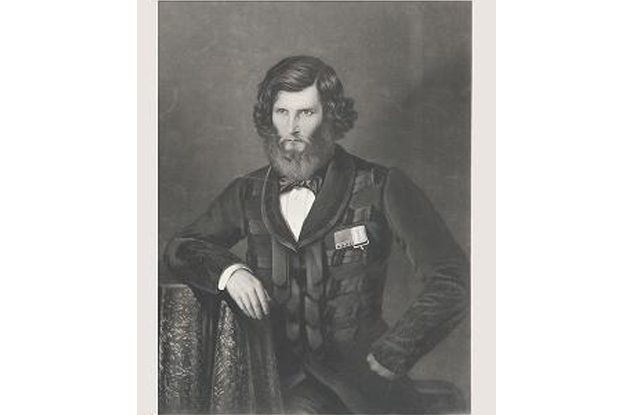
Scottish author Alexander Innes Shand, in his book 'General John Jacob', said that when Jacob came to Jacobabad in 1847, the area was known as Khangruh, littered with marauders who would loot people to make a living. His first priority was to resolve the drinking water issue because underground water was not fit for human consumption.
Khoso, who teaches English Literature at the Jacobabad Degree College, Jacob excavated reservoir tanks and brought water from Indus River through a canal. "Now, all the water reservoirs have been encroached and residents are again compelled to drink poisonous water," he said.
History of water schemes
After Jacob, every successive government has given water and sanitation schemes. According to residents, these schemes have only benefited either politicians in power or bureaucrats who lay down the same merely in papers. "John Jacob's scheme ran successful till 1950s," said Gul Hasan Talani, a social welfare worker of the area. "After that, General Ayub Khan in 1960 gave us a scheme that became non-functional after a few years. Zulfikar [Ali] Bhutto, soon after taking over [the[ Prime Minister's charge, visited the area and promised to revive John Jacob's drinking water scheme, but all in vain." According to Talani, a multi-million scheme was inaugurated by General Pervez Musharraf in 2005, but unfortunately, this scheme, the 'Urban Water Supply Scheme Jacobabad', came down within three years. "This scheme was handed over to [the] town municipal committee, but they had no technical staff and resources to run it," said an elderly man, Hakim Ali Abro. "The only water purification plant is lying non-functional and all motors that supply water to the city are out of order."
In the acute water shortage, people of Jacobabad get potable water from donkey cart vendors who fetch the water from nearby areas and sell water cans for Rs15 each. An average two cans are used by a family, bearing a cost of Rs30 every day.
A ray of hope
After the 9/11 incident, Pakistan handed over the Jacobabad Airport to the Americans for their war against terrorism. Realising the water scarcity, the American government under the United States Agency for International Development (USAID) started the 'Municipal Services Programme' worth Rs3.5 billion. But it has been made mandatory to engage the community in participatory development rather than leaving this project at the mercy of politicians and bureaucrats.
For the first time in the history of Jacobabad, the community is now engaged in the development of the city, where citizens have formed a 'Citizen Forum' to mobilise the community about water and sanitation consumption. Each muhalla has equal representation in the committees.
"We have started the baseline survey of the town to review what kind of facilities people are enjoying," said Imran Memon, the project coordinator of Health and Nutrition Development Society (HANDS)— the organisation that has been given a project to mobilise the community about water and sanitation rights.
According to Memon, they have formed separate committees of women and men into 128 muhallas that will monitor the water distribution in their areas and teach the people how to shun bad behaviour such as water theft and open defecation. "Not only muhallas, but we have selected around 26 government and eight private schools to give education to children about water and sanitation," said Memon. All this work is being done under the supervision of Techno Consulting Pakistan that provides consultancy. A senior official of the consultancy firm said that they would also revive the old project inaugurated by Musharraf and complete the scheme by June 2017.
Published in The Express Tribune, March 22nd, 2016.
















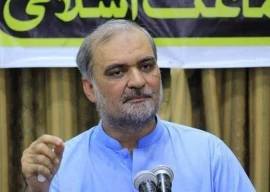

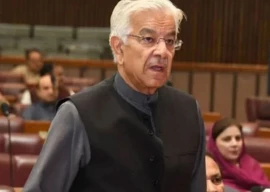
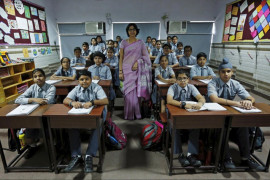
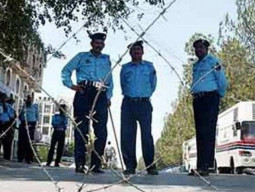




1714024018-0/ModiLara-(1)1714024018-0-270x192.webp)



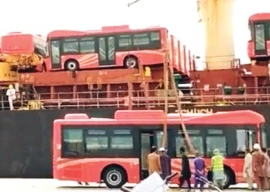






COMMENTS
Comments are moderated and generally will be posted if they are on-topic and not abusive.
For more information, please see our Comments FAQ